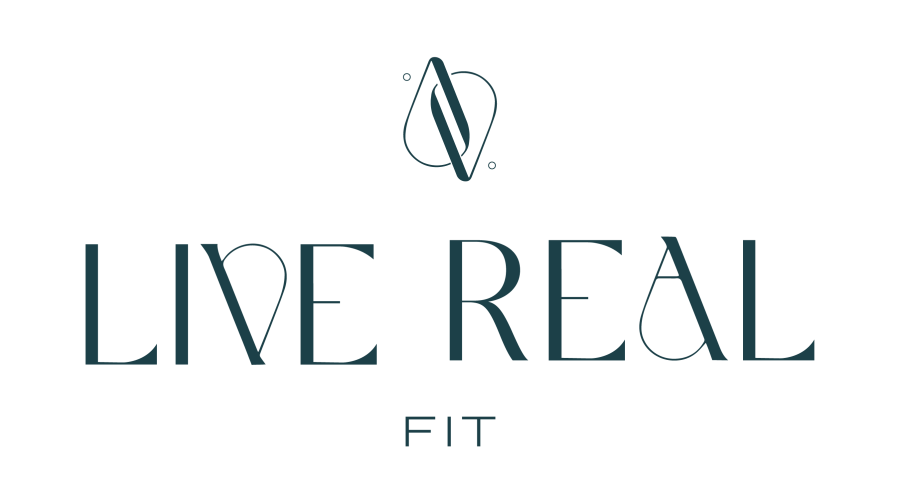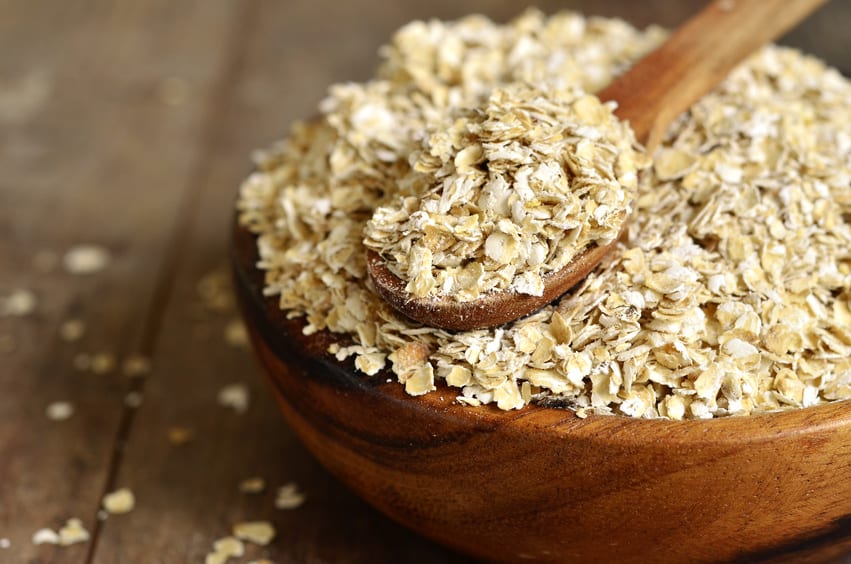Protein could be considered the most important of the three macronutrients. As I mentioned in last week’s post, protein has several benefits regarding fat loss and may be a key element to achieving your weight loss goals. In addition to being important for fat loss, protein is also important for preserving and growing lean muscle mass. Whether your goals are fat loss, weight maintenance, or gaining muscle mass getting the right amount of protein is critical.
Now that you understand how important protein is, you might be wondering how much you should be consuming each day to achieve your goals. As with many aspects of fitness, it depends. Protein consumption is based on you the individual. There is no one amount that everyone should be consuming and it also depends on what your goals are. I am going to give you some different ways that you can calculate your own protein needs. No more guessing on how much you should be eating. Grab your calculator and let’s figure out how much protein you need to meet your goals!
1. Keeping it Simple
If we start out by simply looking at the recommended daily allowance (RDA) for protein we’ll find a recommendation of 0.8g of protein per kilogram of body weight. Remember though that the RDA is simply the recommended about of that nutrient in order to prevent disease. This doesn’t necessarily mean this is how much you need to achieve your fat loss or muscle gaining goals. There have been many studies that look at various protein amounts ranging from 1.6 – 2.8 grams per kilogram of body weight. General recommendations for an athletic population range from 1.5 – 2.0 g per kilogram of body weight.
You may be reading these numbers and find yourself still a little confused on where you might fall. If you recall from last weeks post, higher protein diets have been shown to be more beneficial for weight loss. Therefore, my go-to recommendation is to aim for 2.0 – 2.2g per kilogram of body weight. If you’re looking for pounds that would be roughly 1g per pound of bodyweight
If your goals are related to weight loss you might want to consider aiming a little closer to the 2.2 or even 2.4g per kilogram due to the muscle preserving benefit of protein. When you’re in a calorie deficit (which if your goal is weight loss you will need to be in a calorie deficit) you want to try to preserve as much lean muscle mass as possible. Consuming additional protein can assist with keeping the lean muscle you have verse being used for energy production.
2. Calculate Using Lean Body Mass
Using your bodyweight is a great way to get a general idea of how much protein you should be consuming. However, this can end up being a higher amount than actually needed if the person is obese. Fat mass doesn’t really require much protein or have a use for it so basing protein intake on TOTAL body weight can yield a much higher protein intake than actually needed.
A more accurate way to calculate your protein needs would be to base it off of your actual lean body mass. A majority of your lean body mass is your actual muscle mass. The rest of your lean mass are things like body water, hair, nails, skin, etc. Anything that is not fat is registered as lean body mass. If you get your body fat tested you will then be able to calculate your fat mass verse your lean body mass. Simply take the body fat percentage and multiply that by the total body weight. That would then give you your total fat mass. Take that number and subtract it from your total body weight and you have your total lean body mass.
Example: 150 lb person at 20% bodyfat
150 x 20% = 30 pounds fat mass
150 – 30 = 120 pounds lean body mass
You can then use your lean body mass to actually calculate the amount of protein. You will still use a range of 1.8 – 2.4 g per kilogram. Now you will be using your lean body mass instead of total body weight to calculate. Again, you want to aim higher if you plan to be in a calorie deficit for fat loss goals.
Something else worth mentioning. The older we get the higher our protein needs are. Those in an age range of 40-60 might consider protein intakes ranging from 2.3 all the way up to 3.5g per kilogram depending on your age and if you are in a deficit or not.
If you calculate your protein intake and you find it to be much higher than what you feel you can realistically consume then start with the lower end of the range. Start with a smaller amount and get consistent with eating that amount. Once you are able to do that then work on slowing increasing our protein intake to the higher range.
These are not hard rules to follow, but simply suggestions and ranges you can use to calculate your own protein intake. The most important thing when it comes to fat loss/dieting is consistency over time. Find a protein amount that you know you can consistently stick to each and every day.
Now you know why protein is so important and how to calculate how much you need to help you meet your goals. So next time you’re thinking about what to eat be sure to grab that protein FIRST and you’ll be well on your way to success!
Until next time…stay happy healthy and fit!
Xx
Allison







